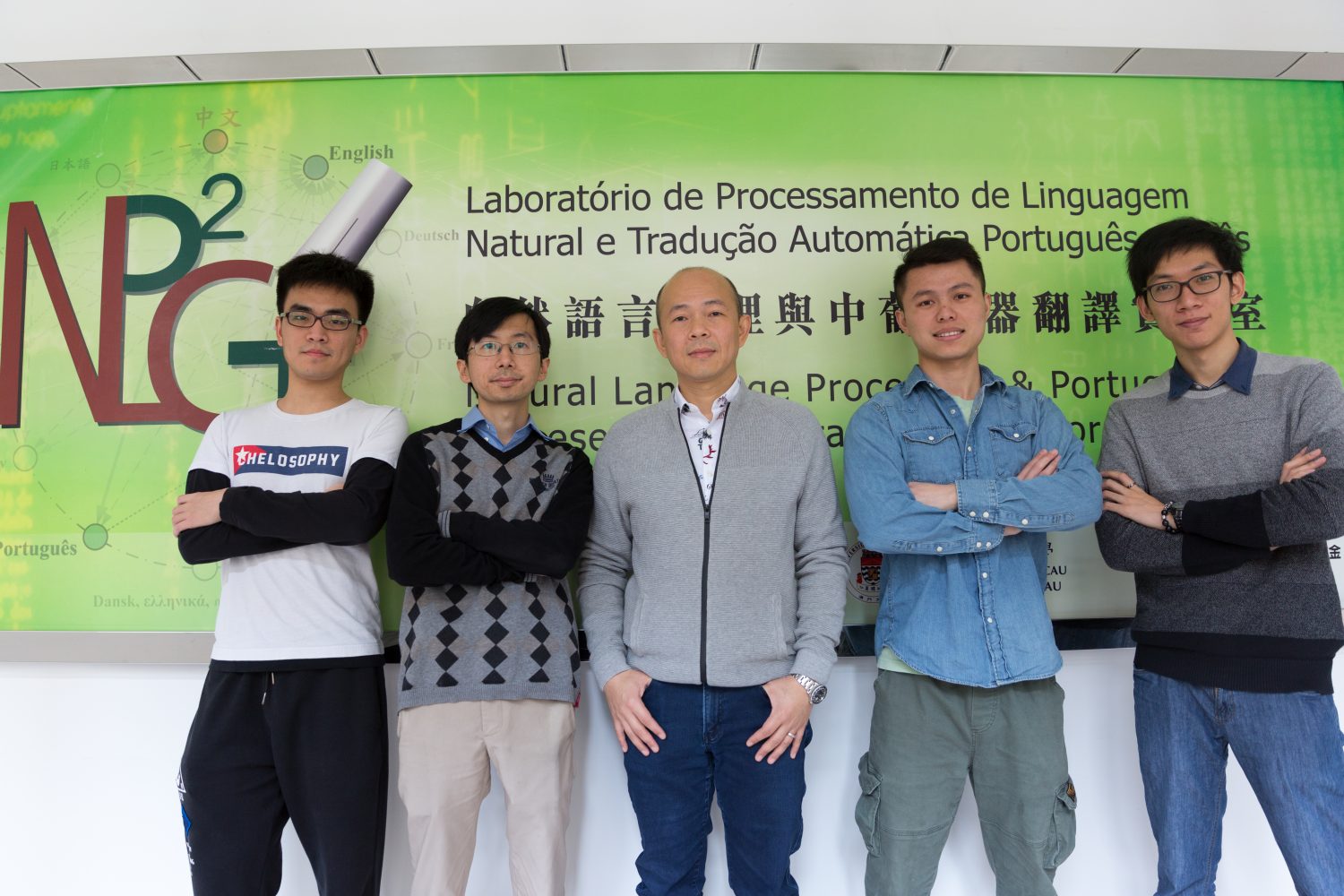The University of Macau (UM) said on Monday that it has achieved “yet another breakthrough in machine translation.”
According to a UM statement, a research team from the public university recently developed a new system for translation between Cantonese and Putonghua (Mandarin).
The system can “efficiently and accurately” translate text between the two Chinese tongues, the statement said.
Already available on the internet, the translation system is significant for the integration and development of the economic, cultural and tourism industries in the Guangdong-Hong Kong-Macau Greater Bay Area (GBA), the statement noted.
The translation system was developed by the university’s Natural Language Processing & Portuguese-Chinese Machine Translation Laboratory (NLP2CT).
As a response to the central government’s national development strategies, examples of which include the Belt and Road Initiative (BRI) and the GBA, the lab initiated a research study titled ‘Unsupervised
Neural Dialect Translation with Commonality and Diversity Modelling’ by utilising Macau’s unique economic and cultural advantages, the statement said.
The related paper was accepted at the Association for the Advancement of Artificial Intelligence (AAAI) Conference on Artificial Intelligence 2020, a top international conference in the field. This year’s event received a record number of papers (8,800), and only 1,591 were accepted, the statement pointed out.
Currently, the UM research team is developing a machine translation system and a simultaneous interpretation system between Cantonese and Portuguese, which will use the world’s latest technologies to improve trilingual machine translation among Chinese, Portuguese, and English, the statement underlined. This will represent a new breakthrough after UM-CAT, an online Chinese-Portuguese-English computer-aided translation platform, according to the statement.
Cantonese-Putonghua translation belongs to the category of “dialect translation”, the statement pointed out, adding that although Cantonese and Putonghua bear some similarities, there are differences in syntax. With a significant lack of parallel data between Cantonese and Putonghua, it is difficult to develop an ideal translation model based on current machine translation methods, the statement said.
The multidisciplinary team at the lab has won numerous awards for their achievements, according to the statement, including a second prize at the Macau Science and Technology Awards in the Science and Technology Progress Award category for its project that studied the technologies related to Chinese/Portugues machine translation systems and the applications of the systems.
“In the future, the lab hopes t achieve new breakthroughs in the area of machine translation in oi der to remove language barrier between Guangdong, Hong Kong, Macau, and Portugal, and to fulfil the need for ever-increasing cultural exchanges between Macau, the Greater Bay Area, and Portuguese-speaking countries,” the statement concluded. – UM, MPD






